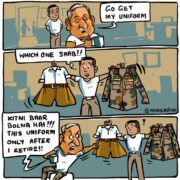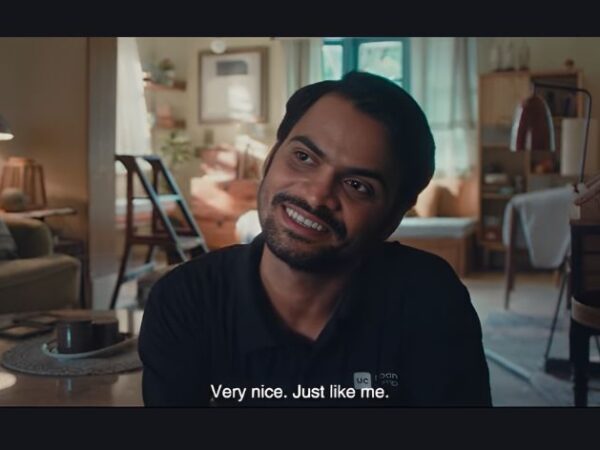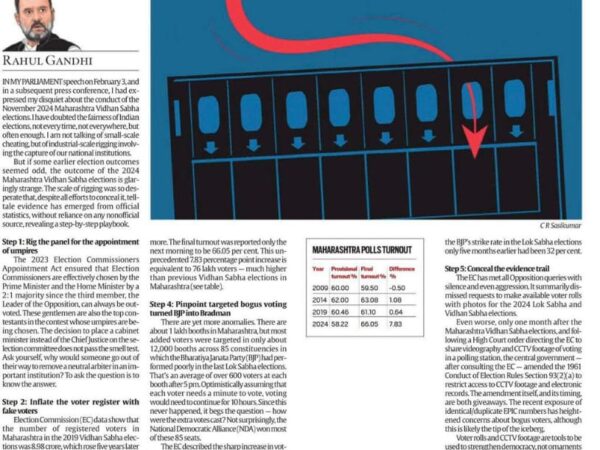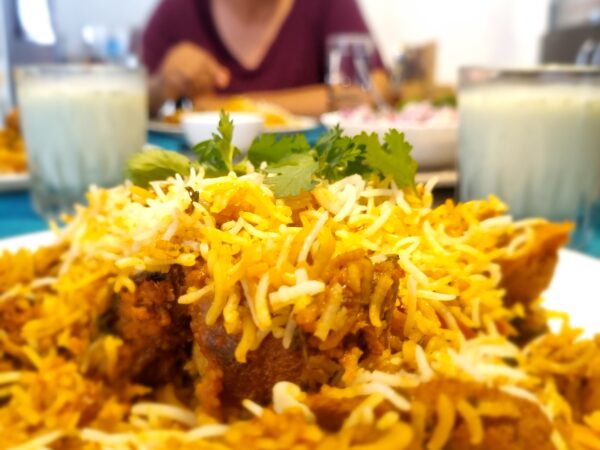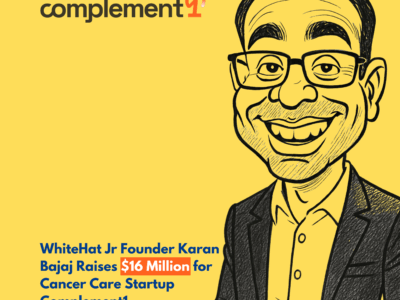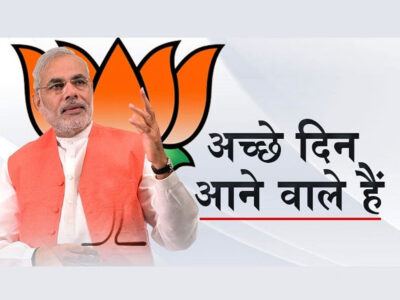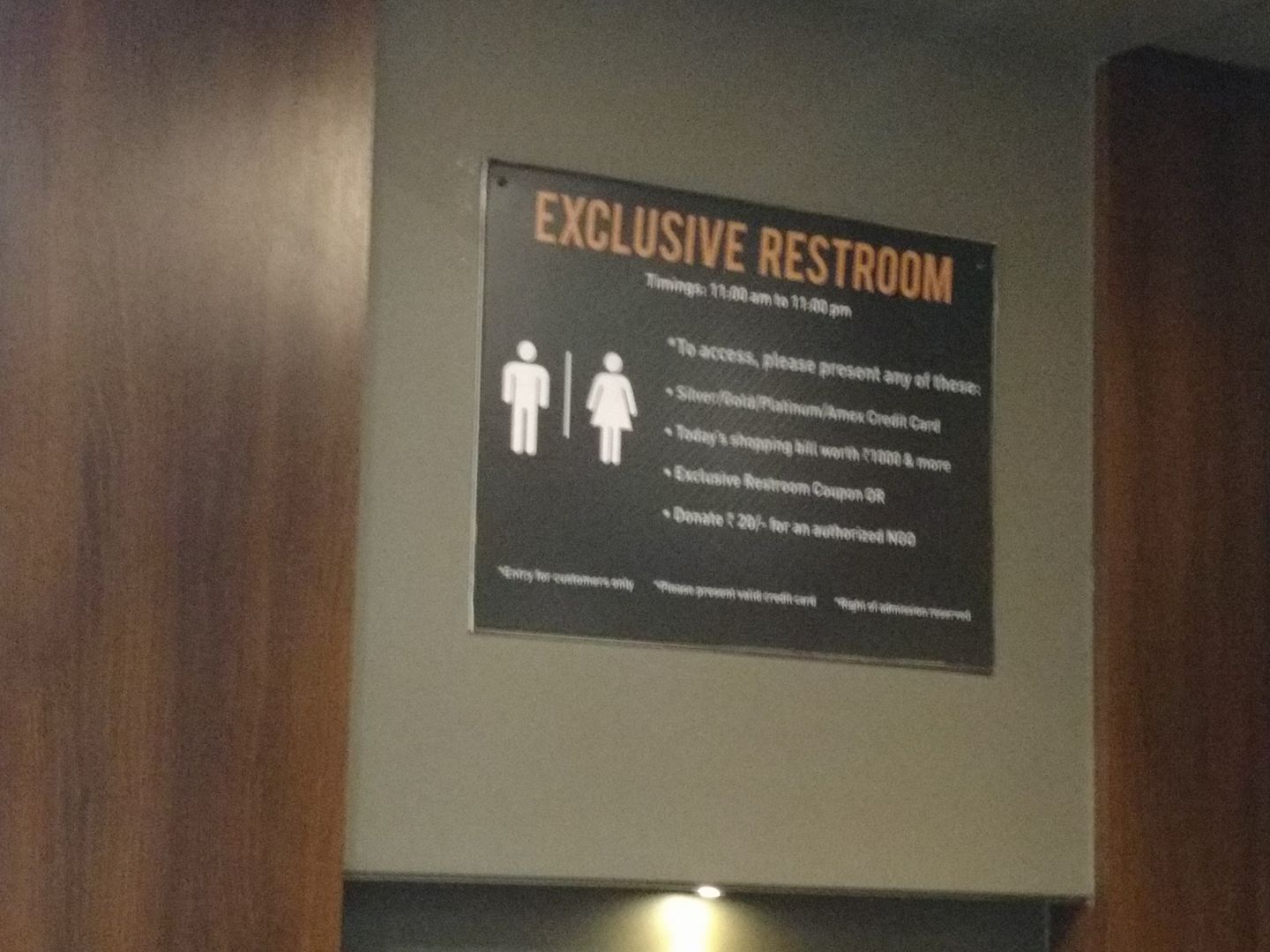
At the mall a few days ago, I saw a uniformed woman acting as a gatekeeper at the VIP toilets (yes, there are these), which there are three ways to use:
- You have a high-end credit card: You have to show this to the guard outside the toilet;
- You have a car: You get two coupons for the VIP toilet, which you may use; or
- The guard’s discretion: You look rich
Besides the obvious issues, I was looking at how that guard decides if someone is rich or not. Apparently, she has figured some kind of formula out which separates the riff-raff from the privileged. Whatever that formula is, I realised after some observation, and it has something to do with the clothes, skin tone, hair, accessories, etc, it seems that it works for her. The tragicomic thing I noticed, though was that if she herself were to appear without her uniform, in her regular civilian clothes, and she or someone like her were to be on guard duty, she’d not get entry into this VIP toilet space!
Why is this interesting to me?
Because I see so many examples of this every day. People who would have ordinarily been on the other (wrong) side of the divide guarding the very divide that keeps them there and letting only those they can never be part of, cross over!
Take, for example, the policeman in Aligarh beating the student, or the soldier on duty in Kashmir searching the passerby for weapons, or the paramilitary jawan lobbing teargas into a crowd of protesters in Delhi, or the bank clerk refusing the farmer’s loan in Sangli, or the recovery agent threatening the widow in Kochi, or the chowkidar shooing away the job-seeker from saheb’s bungalow in Pune, or the driver getting upset about the urchin touching the BMW on a Mumbai signal, the government accountant in Lucknow asking the retired fauji to stand outside in the sun, the party worker in Madurai extorting the local shopkeepers for election funds for their candidate, the waiter in a posh restaurant in Bhubhaneshwar instructing the durban to ensure that the homeless do not enter and spoil everyone’s meal, the receptionist at the upmarket club in Bengaluru telling a walk-in that this is an exclusive, members-only place, and so on.
But for their job, they’d be on the other side.
I am curious about one thing, though: How do they change when they take off their uniform? Do they at all? Or do they stay in the dreamland where they are somehow part of the establishment, part of the privileged, part of the haves, even as they can see clearly they actually belong to the other side?
P.S.: This is not a critique of the ethics or morals of their jobs, or their employers, or the system. This is an honest question about understanding how a policeman whose daughter is a student, or a bank loan clerk whose brother is a farmer, or a restaurant durban whose family doesn’t have enough to eat, manage to be two different people in the same day. The human mind seems to have an infinite capacity to fool itself.
